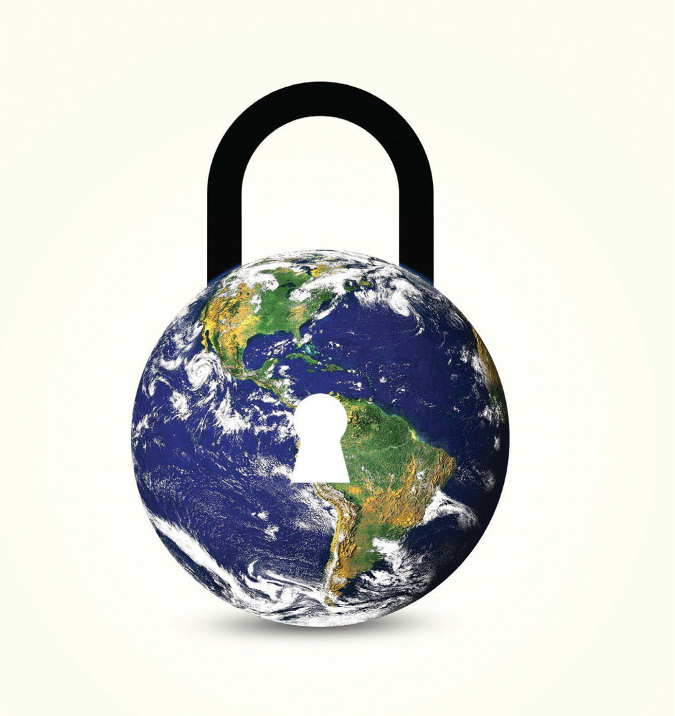Post-Covid-19, how important will it be to maintain an ethical strategy when many charities will be struggling to stay afloat? Many are letting discussions about their ethical position slip. Only about a quarter of UK charities have a policy in place to help them make ethical decisions. Yet, as life takes a new shape after the lockdown, the need for an ethical blueprint for charities will be more important than ever.
The global pandemic and Black Lives Matter movement have brought with them a series of ethical dilemmas. How does lockdown and the request for staff to return to work affect our basic human rights? How do we allocate scarce health and vaccine resources? How do we take action against prejudice without jumping on a bandwagon that has many organisations declaring allegiance without relevant action?
The ethics of corporations and their responses to Covid-19 make the news. Insurance companies that offered customers refunds and credits, clothing companies that switched production to PPE have gained public admiration. On the other side of the coin, those that have behaved poorly to customers, clients and shareholders will find it difficult to regain the public’s trust.
When it comes to the charity sector, we are seeing devastating loss. Loss of income is estimated by NCVO to reach £4billion for March-June 2020, at the same time as an increase in demand for services and support. Money might be the only thing on a charity’s board’s mind at the moment – which is a big potential problem. Without a strategy that outlines how to make the best ethical decisions we’re in danger of losing sight of the things we hold so dear – accessibility, diversity, and equality. And we only need to understand the global outrage at George Floyd’s death to know that these are areas that cannot be ignored.
Despite the shock of what we’ve faced already in 2020, we need to stick to our basic values and ethical responsibilities to give our decision making a sense of direction and credibility. Before seeking to rebuild fundraising strategies, charities need to rebuild their own moral compass and to shape corporate relationships along strong ethical principles.
We want to see leaders act with integrity and not to slash and burn. We need them to be open about their reasons for particular decisions, putting their people first and not just to meet political or economic interests. We need to advocate far more quickly for injustice and create urgency around burning issues. We need to adapt swiftly to new situations, such as orchestrating digital services and communication where there might not have been any before. Of course, there’s panic in the air about the potential lack of funds and donations. But each decision taken needs to be justified ethically.
Every charity needs a ‘defensible’ policy, one that provides a clear view on how to act to avoid backlash, without ignoring vital fundraising or income-generating opportunities. This strategy informs all decision making.
Conversations about what constitutes a defensible ethics policy aren’t easy and it’s important that there is a structure to any discussion, linking to diverse insight, so that organisations can make and justify their decisions.
Opinions run high when we talk about ethics, and it’s important to remember that we’re trying to reach an organisational consensus rather than an individual one.
We are seeing essential intervention from the state, but it’s the way the charity sector stands together to rebuild that is essential. We need to work with Government rather than vying for resources. Charities will need to lead new solutions and partnerships that contribute to reducing and sharing the burden of these economic effects. There will be no room for bloated strategies or pet projects. Ethical positions will be ones of sustainability.
Covid-19 has presented a chance to properly embed ethical responses into our working lives. Without them, we risk being bankrupt beyond ways that relate just to the finances.
Michelle Wright, founder and CEO of Cause4
Latest News
-
Christian donors’ giving falls over the last year
-
Regulator’s church probe in York sparks further investigation
-
Alison Dunn: Why geography still decides which charities survive
-
Paying fundraisers a commission can harm their wellbeing, think tank warns
-
Monday movers - 2 February
-
Regulator finds misconduct at late-filing private Catholic school
Charity Times video Q&A: In conversation with Hilda Hayo, CEO of Dementia UK
Charity Times editor, Lauren Weymouth, is joined by Dementia UK CEO, Hilda Hayo to discuss why the charity receives such high workplace satisfaction results, what a positive working culture looks like and the importance of lived experience among staff. The pair talk about challenges facing the charity, the impact felt by the pandemic and how it's striving to overcome obstacles and continue to be a highly impactful organisation for anybody affected by dementia.
Charity Times Awards 2023
Mitigating risk and reducing claims

The cost-of-living crisis is impacting charities in a number of ways, including the risks they take. Endsleigh Insurance’s* senior risk management consultant Scott Crichton joins Charity Times to discuss the ramifications of prioritising certain types of risk over others, the financial implications risk can have if not managed properly, and tips for charities to help manage those risks.
* Coming soon… Howden, the new name for Endsleigh.
* Coming soon… Howden, the new name for Endsleigh.
Better Society

© 2021 Perspective Publishing Privacy & Cookies













Recent Stories